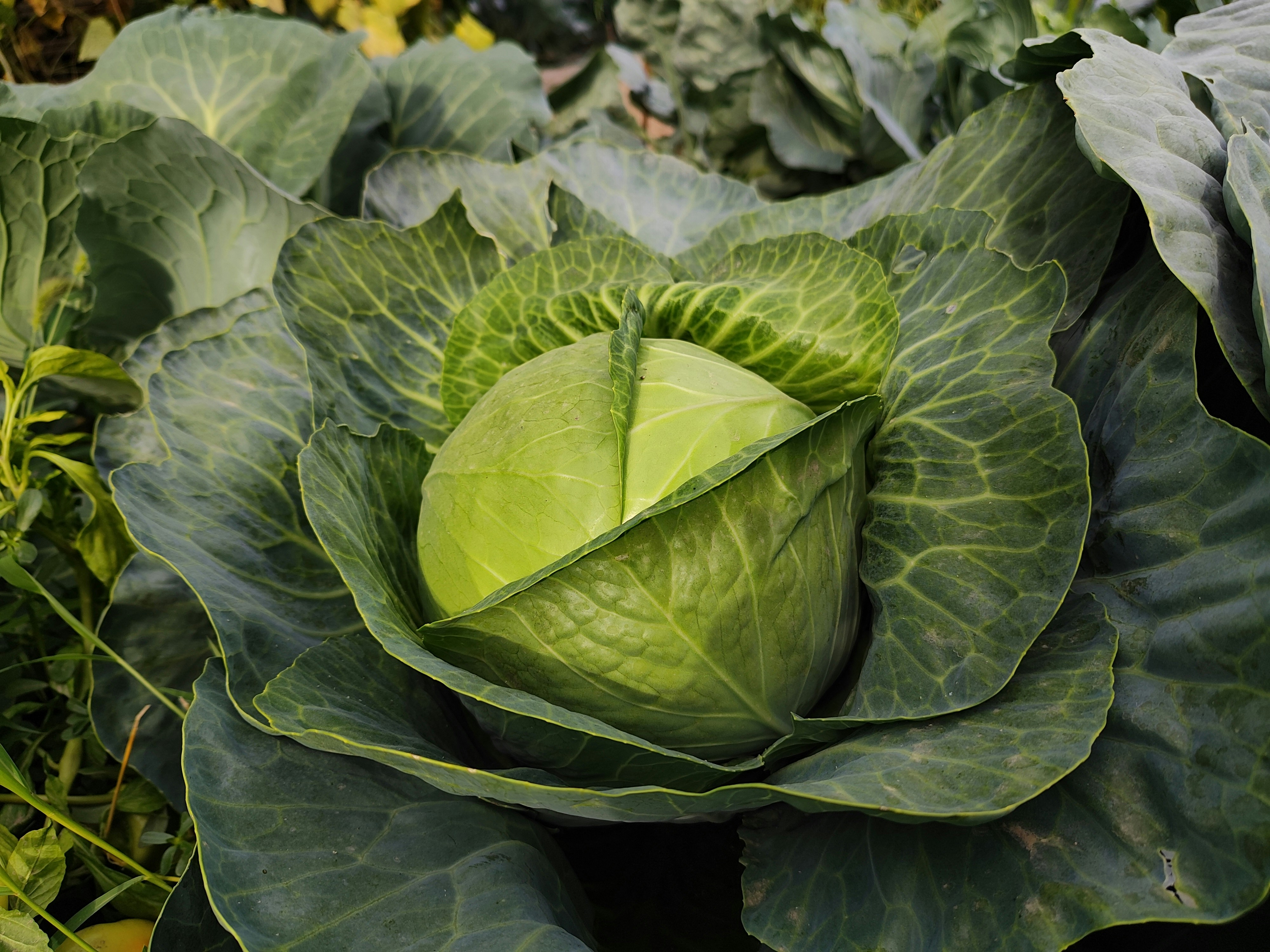What comes to your mind when you imagine South Indian filter coffee? Perhaps it is the rich and earthy aroma, the frothy top, the stainless-steel tumbler and dabara set, and that deep, comforting flavour lingering long after the last sip. Isn't it unforgettable? Commonly known as kaapi, South Indian filter coffee is a harmonious blend of strength and smoothness, bitterness and sweetness. But have you ever wondered what makes it so distinct from your usual espresso or cappuccino? While the dark-roasted coffee beans, usually sourced from the hills of Karnataka or Tamil Nadu, are undoubtedly the stars of the show, there is another, often overlooked ingredient that plays a crucial role in shaping the signature taste. That ingredient is chicory - a humble root that has quietly become the soul of South Indian filter coffee.
Also Read: Why Is South Indian Filter Coffee Special? Know How To Make It Properly
What Is Chicory: The Star Ingredient In South Indian Filter Coffee
Chicory is a flowering plant from the dandelion family, native to Europe and parts of Asia. It is easily recognised by its bright blue flowers and coarse, hairy stems. While the leaves are used in salads, it is the root that gets roasted, ground, and blended with coffee. When roasted, chicory root develops a deep, nutty, and slightly caramelised flavour.
The best part? Chicory is caffeine-free, naturally sweet, and adds a rich body to coffee, making it a perfect companion to the bold South Indian roast.
Also Read: What Is Date Seed Coffee And Why Everyone Is Suddenly Obsessed With It

Photo Credit: iStock
How Chicory Found Its Way Into South Indian Filter Coffee: A Brief History
Chicory's relationship with coffee began in 18th-century Europe, particularly during the Napoleonic Wars, when France faced severe coffee shortages due to trade blockades. To stretch their limited supplies, the French began blending roasted chicory root with coffee. What started as a necessity soon became a preference. The blend was not only economical but also surprisingly delicious.
During the British colonial era, this practice made its way to India through the British army's use of 'Camp Coffee'. According to the South Indian Coffee House's official website, this Scottish product was a mixture of 25% chicory extract, water, sugar, and just 4% dried coffee extract. Over time, Indian soldiers and civilians developed a taste for this unique blend.
As coffee plantations flourished in the Western Ghats in the late 19th and early 20th centuries, Indian roasters began experimenting with chicory to create a more affordable and flavourful brew. According to a blog post on kavericoffee.com, this experimentation led to the birth of South Indian filter coffee as we know it today. It is a blend typically made with 70-80% coffee and 20-30% chicory, brewed in a traditional metal filter and served with hot milk and sugar.
Also Read: Is Your Decaf Coffee Really Caffeine-Free? A Nutritionist Reveals The Truth
Chicory In Filter Coffee: Why This Blend Works So Well
South Indian filter coffee owes much of its signature flavour to the addition of chicory. Here's why this blend has stood the test of time:
1. Enhanced Flavour:
- Nutty taste:
With the addition of chicory, the filter coffee gets a unique and complex flavour profile. Roasted and ground chicory root brings a slightly woody and nutty taste with subtle caramel-like sweetness.
- Comforting flavour:
Chicory also helps balance the natural bitterness of coffee, creating a milder, more rounded flavour, often described as earthy, rich, and comforting. This harmonious blend of flavours makes every cup of chicory-laced filter coffee a truly distinctive and enjoyable experience.
2. Health Benefits:
- Digestive support: Chicory root is rich in inulin, a prebiotic fibre known to promote gut health by supporting beneficial bacteria.
- Natural detoxifier: Known for its diuretic properties, chicory can help cleanse the digestive system and support internal detoxification.
- Antioxidant properties: Chicory contains natural antioxidants that may help reduce inflammation and oxidative stress.
- Caffeine reduction: Chicory is naturally caffeine-free. Blending it with coffee reduces the overall caffeine content.
3. Economic:
Chicory is significantly less expensive than coffee, making it a cost-effective way to extend coffee supplies without compromising on flavour.

Photo Credit: Pexels
The Conclusion: A Colonial Legacy Turned Culinary Tradition
Chicory may have started as a wartime substitute, but in South India, it has become a culinary tradition. It is the ingredient that gives filter coffee its soul, warmth and the unique character. For a fool-proof South Indian filter coffee recipe, click here.
About Somdatta SahaExplorer- this is what Somdatta likes to call herself. Be it in terms of food, people or places, all she craves for is to know the unknown. A simple aglio olio pasta or daal-chawal and a good movie can make her day.







